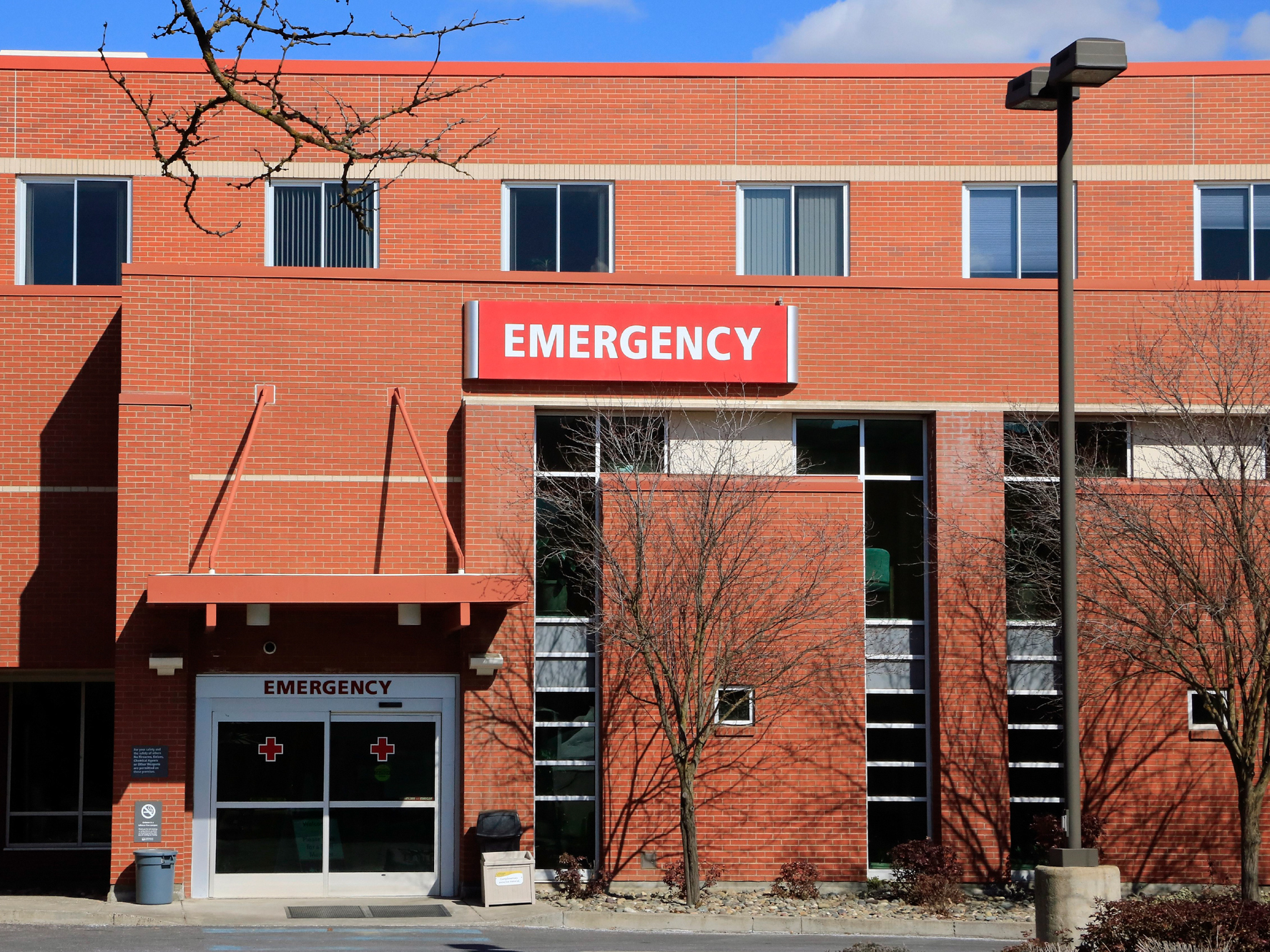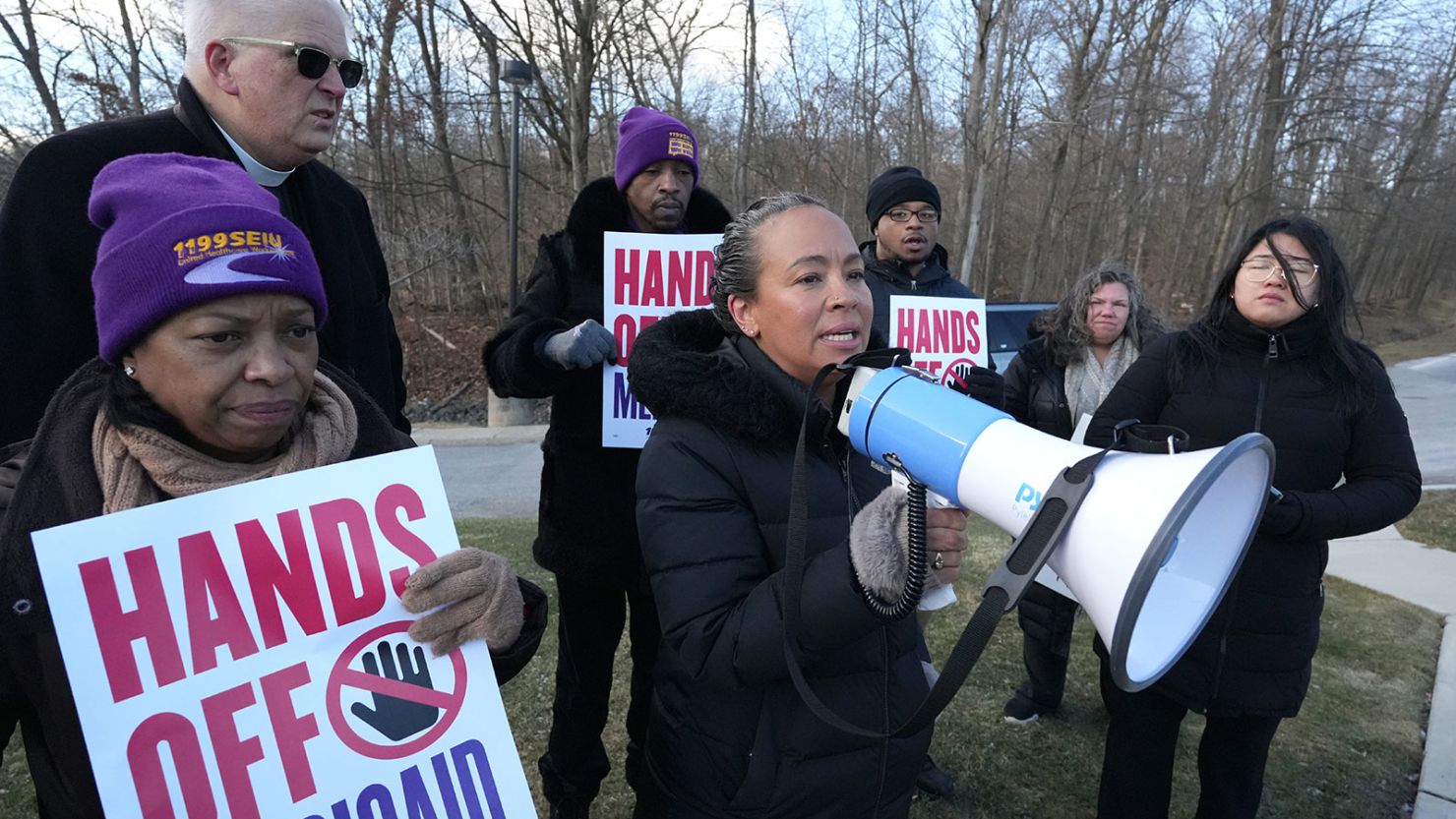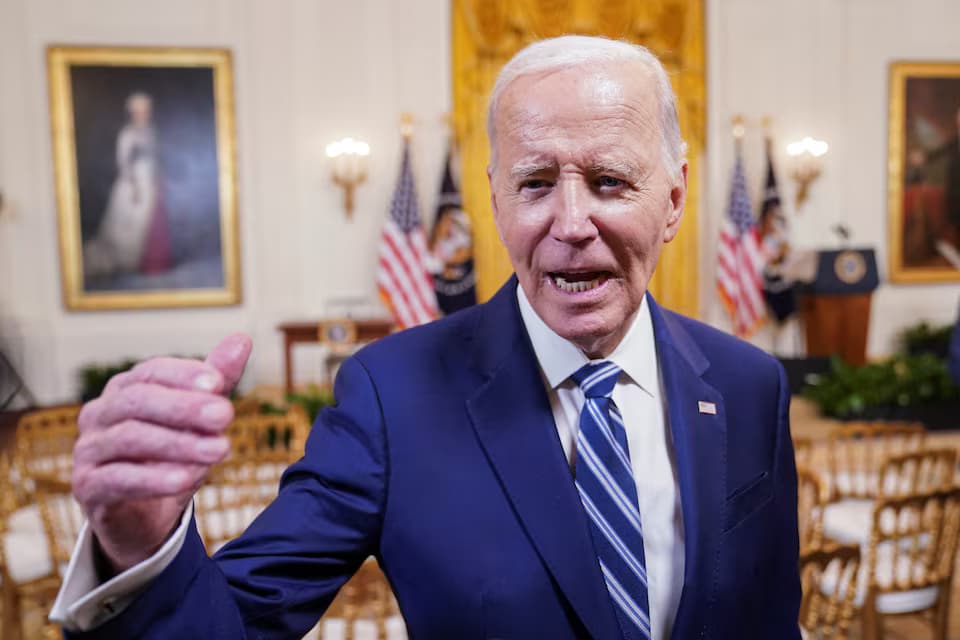Rural America Braces for Devastating Health Insurance Cuts
The recent One Big Beautiful Bill Act signed by President Trump on July 4, 2025, is set to unleash unprecedented devastation on the health care landscape, particularly in rural America. With over $1 trillion slashed from Medicaid over the next decade, approximately 11.8 million individuals will lose their health insurance. The alarming implications of these cuts extend beyond the individuals affected; they threaten the very fabric of rural health systems, amplifying a crisis that could echo throughout the entire U.S. economy.
Rural Hospitals on the Brink of Collapse
Rural hospitals have long been the backbone of small communities, offering essential medical services and employment opportunities. However, according to NPR, the impending cuts will force many of these critical access points to the brink of collapse. As states grapple with reduced Medicaid payments, hospitals that already function on razor-thin margins will face an unmanageable increase in unpaid care. The result? A grim forecast for many facilities that could close their doors permanently or drastically reduce services.

During COVID surges, rural hospitals struggle to transfer ...
Work Requirements Will Exacerbate Inequities
The legislation also introduces punitive work requirements for Medicaid enrollees, mandating that most individuals work 80 hours a month or attend school half-time to maintain their benefits. This approach has shown itself to be ineffective, as seen in Arkansas" brief experiment with work requirements, which only heightened bureaucracy and hindered access to care. As reported by Johns Hopkins, nearly 5 million individuals are expected to lose coverage due to these arbitrary stipulations, further diminishing the already precarious safety net for rural residents.
Worsening Health Outcomes in Rural Communities
The health implications are dire. Rural populations often experience higher rates of chronic diseases and limited access to healthcare providers. A report from the University of Michigan highlights that as rural hospitals close or reduce their services, patients will face longer travel times to receive care, exacerbating health disparities. Maternity care is particularly at risk, with over half of rural hospitals ceasing to deliver babies, forcing expectant mothers to travel vast distances for basic services. This not only threatens maternal and infant health but also places additional strain on urban facilities that are already overburdened.

Moving past repealing Obamacare, Republicans still plan major health ...
Economic Fallout Will Impact All Americans
The ripple effects of these cuts will resonate far beyond healthcare. According to research from the National Rural Health Association, hospital closures result in significant job losses and decreased economic activity in rural areas. Hospitals are among the largest employers in small towns, and their demise will lead to a decline in local tax bases, hindering funding for essential services such as education and infrastructure. The health of rural communities is inextricably linked to the overall economic stability of the nation, and thus, we must consider the broader implications of these health policy decisions.







![[Video] Gunfire between Iraqi security forces and Sadr militias in Baghdad](/_next/image?url=%2Fapi%2Fimage%2Fthumbnails%2Fthumbnail-1768343508874-4redb-thumbnail.jpg&w=3840&q=75)
